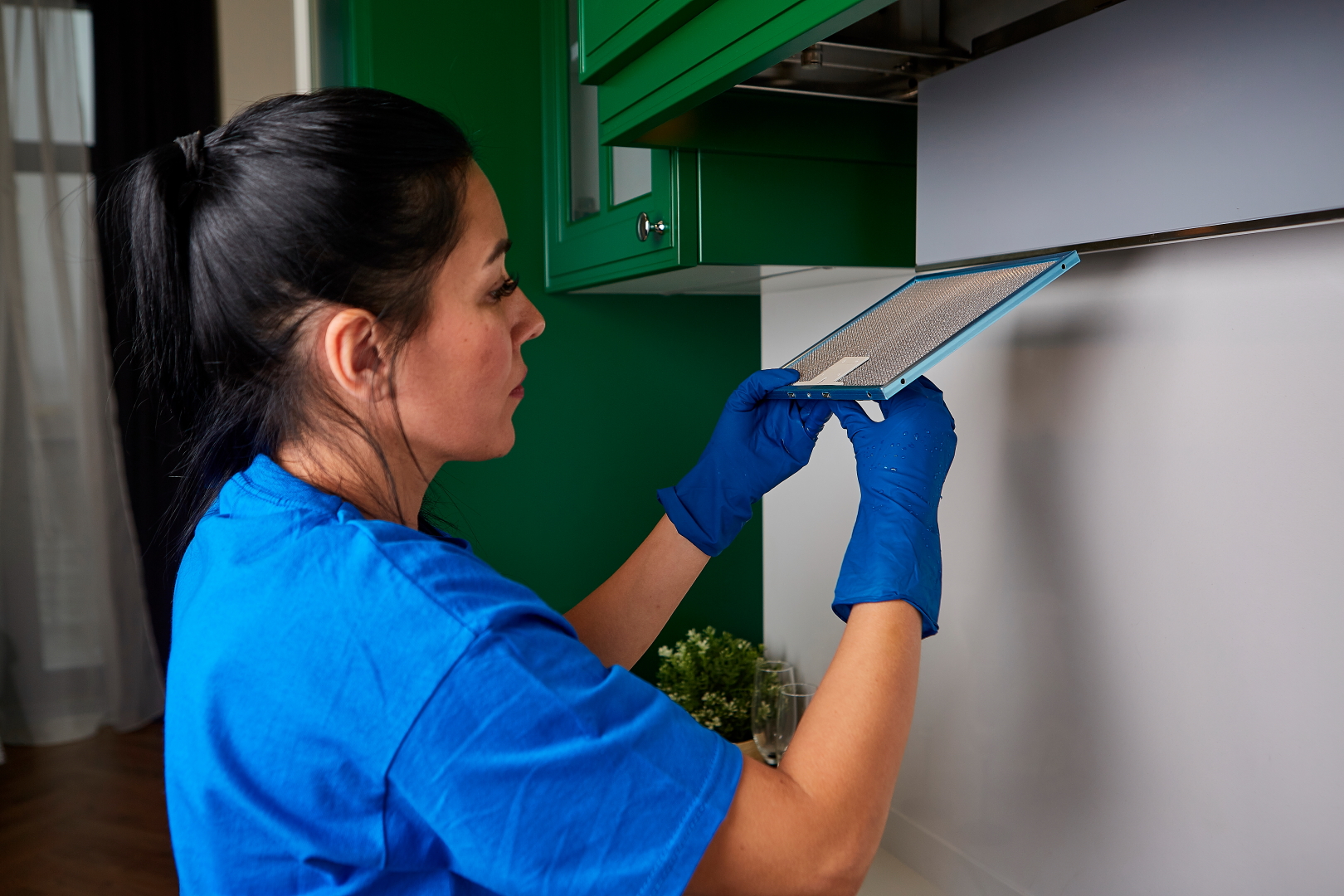The Ultimate Guide: How Often Should You Dry Clean Your Mattress for Maximum Freshness?
Keeping your mattress clean is crucial for a restful night’s sleep and overall health. But how often should you dry clean your mattress? This guide will delve deep into the importance of maintaining a clean sleeping surface, outline best practices, and answer frequently asked questions to help you ensure your mattress remains fresh and free of allergens. Whether you’re a cleanliness enthusiast or someone simply looking to improve your sleep quality, this article has you covered. Let’s explore how often you should dry clean your mattress and uncover effective strategies to maintain a healthy sleeping environment.

Understanding the Importance of Mattress Cleanliness
A clean mattress is not just about comfort; it is essential for your health. According to research, dust mites, allergens, and bacteria thrive in our bedding, leading to allergic reactions and respiratory issues. Hence, maintaining cleanliness isn’t merely cosmetic—it's a critical aspect of health care.
How Often Should You Dry Clean Your Mattress?
Experts recommend dry cleaning your mattress every 6 to 12 months. This frequency depends on various factors, including:
- Usage: If the mattress is heavily used, such as in a guest room or by multiple users, more frequent cleaning is advisable.
- Allergies: If you have allergies or respiratory issues, consider cleaning your mattress every six months to mitigate allergens.
- Pets: Households with pets can accumulate fur and dander, so cleaning is recommended every three to six months to keep it fresh.
- Personal Preference: Some individuals simply prefer the sensation of a freshly cleaned mattress and might choose to clean it more often.
Signs Your Mattress Needs Dry Cleaning
Even if it’s not time for your scheduled deep clean, there are clear signs that indicate your mattress may benefit from a cleaning:
- Stains: Any visible stains from spills, sweat, or other sources should be addressed immediately.
- Odors: A persistent odor emanating from your mattress is a sure sign it’s time for a cleaning.
- Dust Accumulation: A visible layer of dust can also be a problem, as this can lead to allergens and respiratory issues.
Frequently Asked Questions:
1. Can I dry clean my mattress myself?
While some may consider tackling this task at home, it’s recommended to hire a professional dry cleaning service equipped with the proper tools to ensure thorough cleaning without damaging the mattress.
2. What fabrics cannot be dry cleaned?
Always check the label for care instructions before proceeding. Typically, memory foam and latex mattresses cannot be dry cleaned as they may absorb moisture and damage. Instead, opt for steam cleaning or specialized cleaning services for these materials.
3. Is dry cleaning necessary?
While regular vacuuming and spot cleaning can prolong the life of your mattress, dry cleaning helps eliminate deep-seated dirt, allergens, and odors that regular cleaning can miss. Therefore, it’s an essential part of mattress maintenance.
Effective Strategies for Mattress Maintenance
In addition to timely dry cleaning, here are effective strategies you can employ throughout the year:
- Regular Vacuuming: Aim to vacuum your mattress every month using a handheld or upholstery vacuum attachment to remove dust and allergens.
- Use a Mattress Protector: A high-quality waterproof mattress protector can prevent stains and reduce wear and tear, extending the time between needed cleanings.
- Spot Clean Stains Immediately: If any spills or accidents occur, act quickly by spot cleaning with a mild cleaner compatible with your mattress materials.
- Rotate Your Mattress: Every three months, rotate your mattress to equalize wear and maintain comfort.
The Cleaning Process
If you’re hiring a professional for dry cleaning, here’s what you can typically expect:
- Inspection: The cleaner will assess the mattress for stains and critical areas needing attention.
- Preparation: The mattress is prepped by removing bedding and accessories.
- Treatment: Stains are treated with specialized solutions before dry cleaning.
- Dry Cleaning: The mattress is cleaned using a hot water extraction method or solvent cleaning, depending on the material.
- Final Inspection: Post-cleaning, a final inspection is conducted to ensure all areas are clean.
Conclusion
Keeping your mattress clean is an indispensable element of maintaining a healthy sleeping environment. Understanding how often to dry clean your mattress can significantly impact your well-being by reducing allergens and odors. Ideally, aim for a professional dry clean every 6 to 12 months while incorporating regular maintenance strategies into your routine. Don't wait until your mattress shows signs of wear—take proactive steps today to ensure you enjoy the comfortable, clean sleep you deserve. By doing so, you not only enhance the longevity of your mattress but also protect your health and well-being, making it a worthwhile investment for every household.















